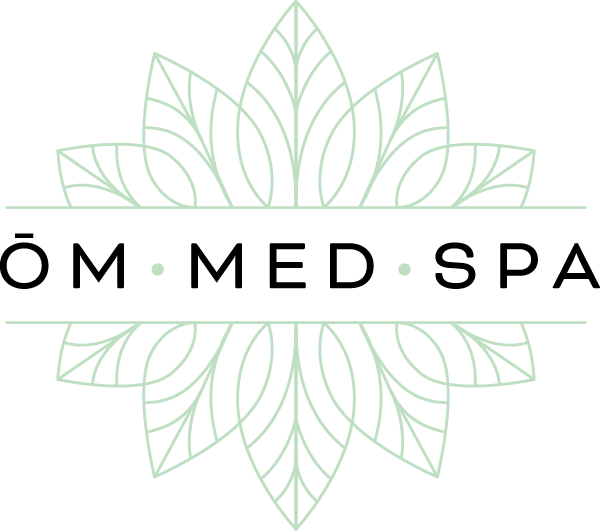‘Tis the season to be jolly. With visions of sugary gumdrops and frosty snowflakes adorning the streets of Boise these days, it’s nearly impossible not to feel at least a little festive.
Indeed, Hanukkah, Christmas, and New Year’s Eve are some of the happiest times of the year. There’s the Downtown Boise Holiday Tree Lighting Celebration, winter markets, and the holiday parade, and then, of course, the quality time with family and friends, holiday parties, and a moment to atone and resolve for a happier, healthier lifestyle.
The holidays can also be a perfect storm of stressors, however. This dichotomy is captured in countless national surveys revealing that Americans are feeling more stressed than ever when it comes to the holidays.
A recent survey of 2,000 respondents found that nearly 7 out of 10 Americans consider Thanksgiving, Hanukkah, and Christmas to be a stressful time of year, and for good reasons. Consider these findings from the same national survey:
- The average American spends 38 hours (almost two full days) preparing for the holidays, whether that be cooking, shopping, decorating, etc.
- We spend an estimated 13 hours shopping, including perusing for gifts or picking up groceries.
- We also dedicate around nine hours cooking holiday meals (more than the average work day!), and approximately seven hours decorating.
Whether it’s the pressure to prepare a Pinterest-worthy spread, that feeling of being stretched too thin, or just the extra slices of pumpkin pie, holiday stress can start to impact our health, whether in the form of a minor headache or more long-term issues like weight gain, high blood pressure, or sleep disruption, according to the American Psychological Association.
In fact, the same survey revealed that a lot of us—57%—end up sacrificing nearly an hour of sleep each night over the holidays, with some potentially serious consequences.
Missing a night or two of beauty rest won’t have a lasting effect, but extended periods of inadequate sleep can impact our mood, diet, and even our cognitive functions, according to the Division of Sleep Medicine at Harvard Medical School. Researchers explain that quality sleep is particularly crucial for a neural process known as consolidation, where our brain starts to retain new information and form long-term memories. While sleep isn’t the only factor, it can certainly impact this important cognitive function.
So what are some healthy ways to mitigate holiday stress and get back to what the holidays are really about: gratitude, mindfulness, friends, family, and health? The survey revealed these top-ten remedies to combat holiday stress:
- Nap (51%)
- Relaxing in the bedroom (45%)
- Break from family (44%)
- Listening to music (41%)
- Getting out of the house (40%)
- Taking a walk (39%)
- Reading (33%)
- Taking time for hobbies (26%)
- Watching favorite holiday movie (25%)
- Seeing friends (24%)
Sleep, exercise, nature, hobbies, and quality time are all powerfully positive ways to combat holiday stress, and they all boil down to a basic premise: self-care.
It can be hard to find time for self-care during this busy season, but we think you deserve it. You do so much to care for others this time of year, and we’d like to challenge you to take care of yourself, too. Find a few moments each day, or a few hours each weekend, to relax and unwind. Making yourself a priority will make the holidays even more beautiful for you and your loved ones.
Happy Holidays from the Team at Om Med Spa
Allyson, Amy, Val, Anna and Kim

